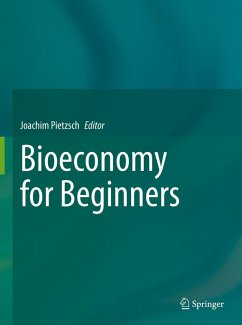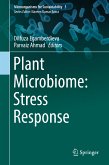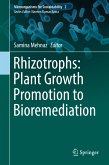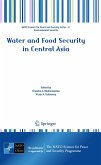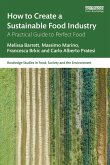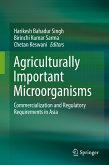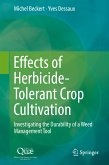This book conceives the realization of bioeconomy as a threefold task - a scientific, an economic and an ecological one.
· Where does the biomass come from that we need primarily for feeding the growing world population but also for future energy and material use? How can it be processed in biorefineries and what role does biotechnology play in this regard?
· Which aspects of innovation economics need to be considered, which economic aspects of value creation, competitiveness and customer acceptance are important?
· What conditions must a bioeconomy fulfil in order to enable a sustainable development of life on earth? May it be regarded as a key to further economic growth or shouldn't it rather orient itself towards the ideal of sufficiency?
By dealing with these questions from the not necessarily consistent perspectives of proven experts, this book provides an interdisciplinary overview of a dynamic field of research and practice that raises more questions than answers and thus may nurture the motivation of many more people to seriously engage for the realization of a bioeconomy.
Dieser Download kann aus rechtlichen Gründen nur mit Rechnungsadresse in A, B, BG, CY, CZ, D, DK, EW, E, FIN, F, GR, HR, H, IRL, I, LT, L, LR, M, NL, PL, P, R, S, SLO, SK ausgeliefert werden.

